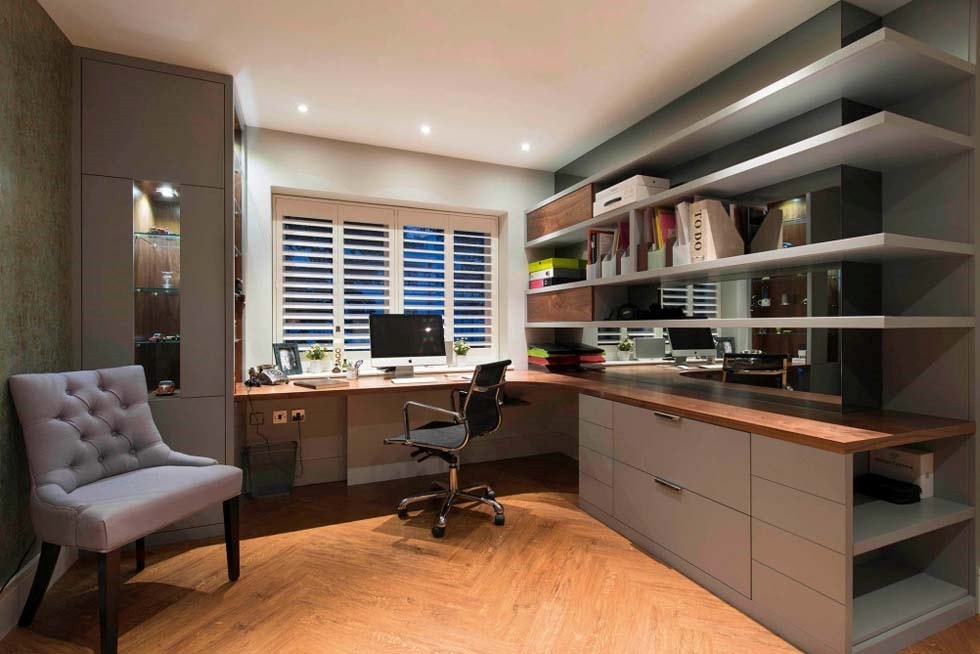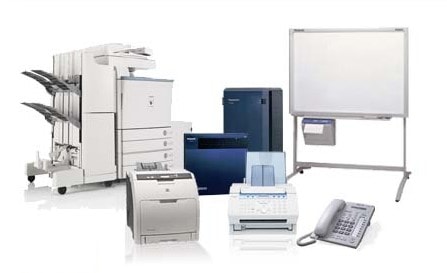If some of your work is performed in a home office you may be able to claim a deduction for the costs you incur in running your home office, even if the room isn’t solely used for work related purposes.

The categories of home office expenses include:
• Running Expenses
• Telephone Expenses
• Depreciation on Equipment
• Occupancy expenses where the home is the place of the business
Running Expenses
Deductions can be claimed for expenses related to running the home office which consists of electricity, gas and depreciation of office furniture. These deductions should be made in the amount of the actual expenses incurred or 45 cents per hour.
Deductions are not allowed for addition costs incurred such as if you work in a room where others are watching TV, or the income producing use of the home is incidental e.g. 45c per hour would not be allowed for a fax machine permanently left on to receive documents.
For deductions to be permitted you will need receipts for:
• Home office equipment used for work purposes
• Repairs relating specifically to the home office or furniture and equipment used for work purposes
• Cleaning expenses of home office
• Any other day-to-day running expenses for the home office
• Diary entries to record your small expenses ($10 or less) totalling no more than $200
Telephone and Internet Expenses
If work or business calls can be identified from an itemised telephone account then the deduction can be claimed for the work or business related portion of the telephone account. A representative four week period will be accepted as establishing a pattern of internet and telephone use for the entire year.
Telephone rental expense may be partly deductible if you are “on call” or required to contact your employer or client on a regular basis.
Depreciation on Equipment
Depreciation on home office equipment including office furniture, carpets, computer, printer, photocopier, scanners, modem etc. used only partly for work or business purposes can be apportioned.
The claim is based on a diary record of the income related and non-income related use covering a representative four week period. The diary needs to show:
• The nature of each use of the equipment
• Whether that use was for an income producing or non-income producing purpose
• The period of time for which is was used

Occupancy Expenses
Are allowed only if the home is used as a place of business. Occupancy Expenses can include:
• Rent
• Mortgage Interest
• Water Rates
• Repairs
• House Insurance Premiums
The following factors, none of which is necessarily conclusive on its own, may indicate whether or not an area set aside has the characteristics of a place of business:
• The area is clearly identifiable as a place of business
• The area is not readily suitable or adaptable for use for private or domestic purposes in association with the home generally
• The area is used exclusively, or almost exclusively, for carrying on a business, or
• The area is used regularly for client or customer visits.
If you use your home to carry out income producing activities as a matter of convenience, you are not entitled to a deduction for occupancy expenses. It would be rare for an employee to be able to claim occupancy expenses.
Author
Julie Cameron – HTA advisory 2017
This article is of a general nature and does not take into consideration anyone’s individual circumstances or objectives. Integrity One Planning Services Pty Ltd is a Corporate Authorised Representative No. 315000 of Integrity Financial Planners Pty Ltd ABN 71 069 537 855 (which is the holder of AFSL 225051). Integrity One Planning Services Pty Ltd and Integrity One Accounting and Business Advisory Services Pty Ltd are not liable for any financial loss resulting from decisions made based on this information. These articles are not owned by Integrity One Planning Services. We recommend that you seek personal advice from an advisor prior to implementing any of the information contained in this publication.